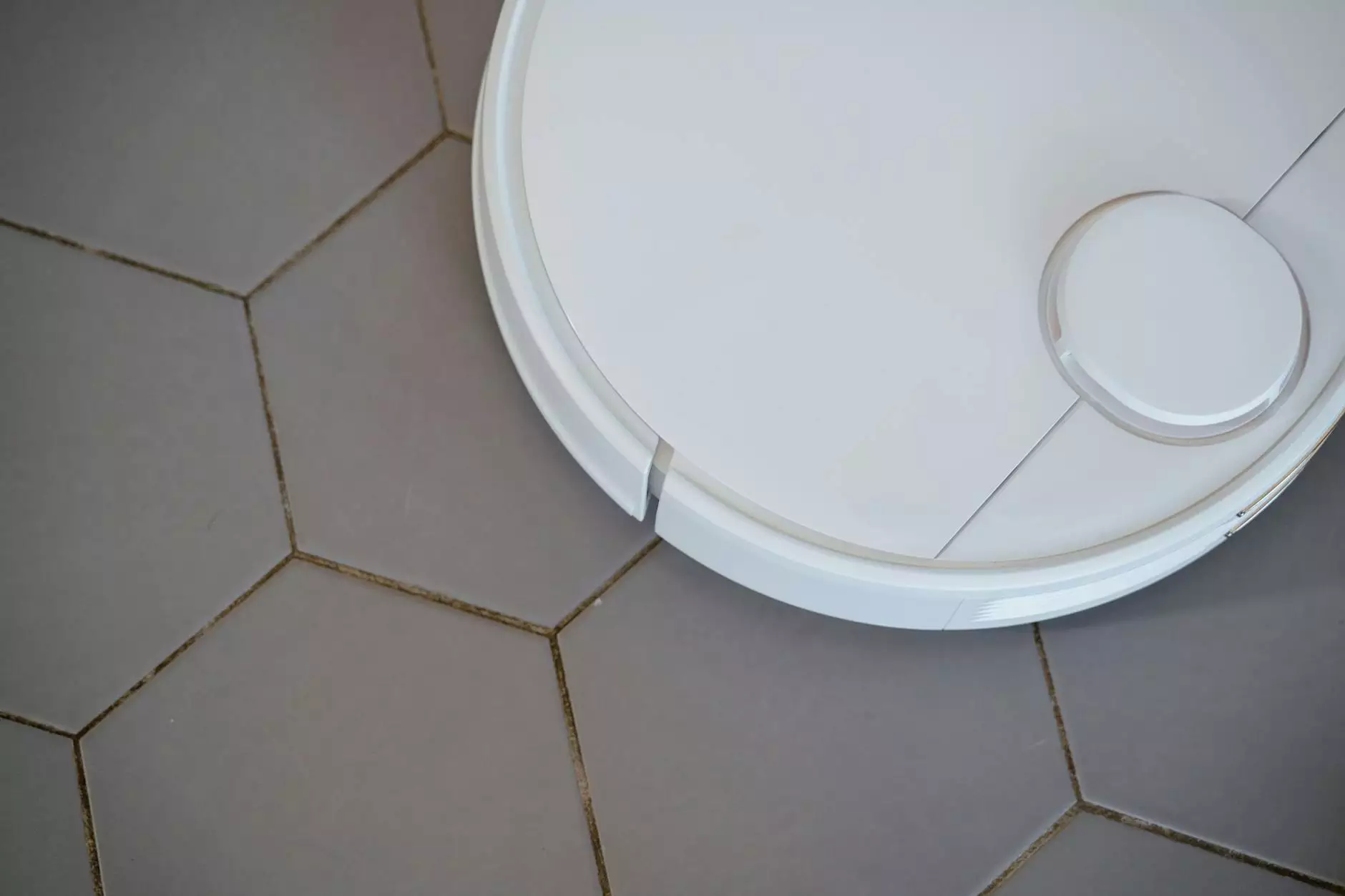The Essential Guide to Chiller Components: Maximizing Efficiency and Performance

In the world of HVAC (Heating, Ventilation, and Air Conditioning), chillers play a crucial role in maintaining optimal temperature and comfort levels within commercial and industrial environments. By understanding the various chiller components, businesses can make informed decisions that enhance performance, improve energy efficiency, and reduce operational costs. In this comprehensive article, we will explore the different components that make up a chiller, their functions, and how they interact in the cooling process.
Understanding Chillers: An Overview
Chillers are vital in large commercial and industrial applications. They work by removing heat from a fluid via a vapor-compression or absorption refrigeration cycle. The primary purpose of a chiller is to provide chilled water for air conditioning systems or process cooling. Understanding how these systems function requires a deeper insight into the components that facilitate their operation.
The Core Components of Chillers
There are several key chiller components, each designed to contribute to the cooling cycle's efficiency and effectiveness. Below, we delve into these components, outlining their functions and importance:
1. Compressor
The compressor is often referred to as the heart of the chiller. Its primary function is to raise the pressure of the refrigerant gas, allowing it to circulate through the system. There are various types of compressors, including:
- Reciprocating Compressors: Utilize pistons and cylinders to compress refrigerant.
- Scroll Compressors: Use two spiral scrolls to compress the refrigerant with smoother operation and fewer moving parts.
- Screw Compressors: Feature two rotors engaging in a helical process for efficient gas compression.
2. Condenser
The condenser is where the refrigerant releases its heat to the outside environment. In air-cooled chillers, this component uses ambient air to cool the refrigerant, while in water-cooled systems, it uses cooling water. The effectiveness of the condenser greatly influences the overall energy efficiency of the chiller.
3. Evaporator
In the evaporator, the refrigerant absorbs heat from the building's water or air, providing the necessary cooling effect. This component is crucial, as it allows the refrigerant to transition from liquid to gas. Proper maintenance of the evaporator is essential for maintaining system efficiency.
4. Expansion Valve
The expansion valve plays a critical role in regulating the flow of refrigerant into the evaporator. It reduces the pressure of the refrigerant, allowing it to cool before entering the evaporator coil. This component is vital for maintaining the desired temperature and pressure within the chiller system.
5. Refrigerant
The type of refrigerant used in a chiller system significantly impacts its performance and efficiency. Choosing the right refrigerant involves considering factors such as global warming potential (GWP), efficiency ratings, and environmental regulations. Ensuring that the refrigerant is properly charged and maintained is essential for optimal chiller operation.
6. Control Systems
Modern chillers are equipped with advanced control systems that monitor and regulate the operation of various components. These systems enhance energy management and ensure optimal functionality by adjusting conditions based on operational demand. Having a proper control system in place can lead to significant energy savings.
The Importance of Regular Maintenance
To ensure that a chiller operates efficiently, regular maintenance is essential. Neglecting maintenance can lead to reduced efficiency, higher operating costs, and increased wear and tear on critical components. Here are key maintenance practices for improving the longevity and reliability of your chiller:
- Routine Inspections: Regularly inspect the compressor, evaporator, and condenser for any signs of wear or damage.
- Clean Condenser Coils: Keep the condenser coils clean to improve heat exchange capabilities.
- Check Refrigerant Levels: Ensure the proper charge of refrigerant for optimal cooling performance.
- Inspect Electrical Components: Regularly check wiring and electrical components to prevent failures.
Energy Efficiency and Chiller Performance
Many businesses are increasingly focused on reducing energy consumption and enhancing energy efficiency in their operations. Chillers typically constitute a significant portion of a building's energy use, which makes it vital to address how their components contribute to overall efficiency. Below are strategies to boost the energy efficiency of chillers:
- Optimizing Control Strategies: Adjusting control strategies based on real-time demand can prevent overcooling and reduce energy waste.
- Variable Frequency Drives (VFDs): Installing VFDs on compressors can enable a chiller to operate at varying speeds, improving efficiency as demand fluctuates.
- Upgrading to High-Efficiency Components: Invest in high-efficiency compressors and evaporators to significantly enhance performance.
- Regular System Calibration: Ensure regular calibration and performance testing to identify inefficiencies.
Future Trends in Chiller Technology
The HVAC industry is continually evolving, with new technologies emerging to improve the performance of chiller components. Some of the promising trends include:
- Smart Chillers: Integration of IoT technology enables real-time monitoring and data analysis, improving operational efficiency.
- Environmentally Friendly Refrigerants: Transitioning to low-GWP refrigerants to comply with environmental regulations.
- Enhanced Automation: Automated control systems that adjust chilling cycles in response to building conditions.
Conclusion: The Future of Chiller Systems
Chilliers are pivotal in the HVAC industry, and understanding their essential components can significantly influence a business’s operational efficiency and energy consumption. By investing in quality components, ensuring regular maintenance, and staying informed about emerging technologies, businesses can achieve excellent climate control while minimizing their environmental footprint. As we move forward, the focus on energy efficiency and innovative technologies will continue to shape the future of chiller systems.
For businesses looking to enhance their HVAC systems and explore how chiller components can improve their efficiency, consider reaching out to experts in the field such as Climatech Services. Investing in your chiller system today can lead to significant savings and a more sustainable future.



